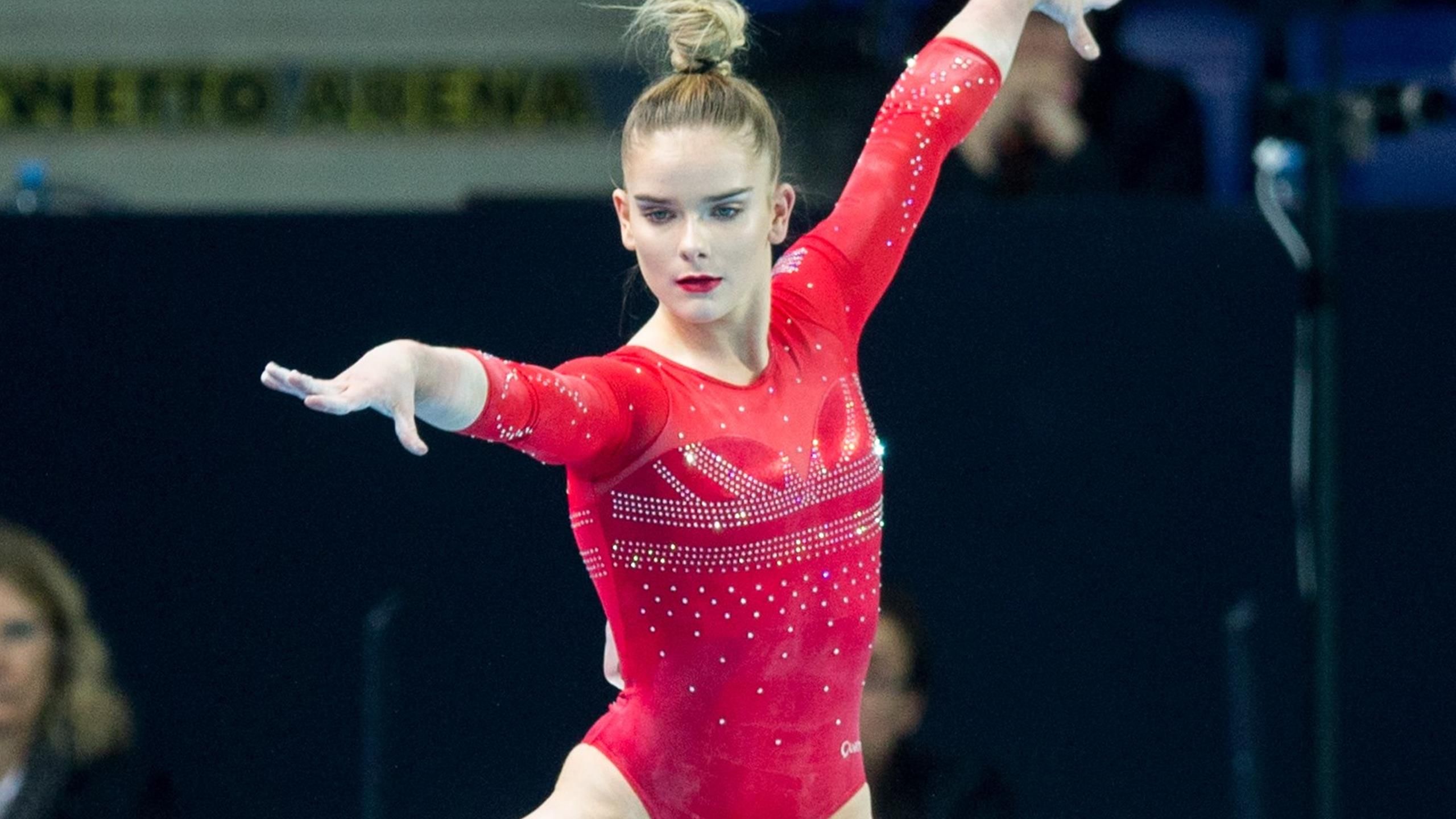Note: I wrote a large feature piece analyzing the decision by British Gymnastics to not name Becky Down to the 2021 Olympic team. This article is covering additional topics related to the 2021 British Olympic team selection process.
Alice Kinsella
If there is one athlete who deserves a lot of love from the Gymternet, it is Alice Kinsella. She is one of just two British gymnasts who appeared in every World Championships of the current Olympic cycle (Georgia Mae-Fenton being the other).
As if that wasn’t enough, the only British gymnast who appeared at every European Championships also happened to be Alice Kinsella. She can fairly be described as the most experienced non-Olympian in the sport due to her previous resume. Which is exactly what this team needs as all three of her Olympic teammates combine for zero appearances at the World Championships and just three appearances at the European Championships.
The 2021 team has a total of ten appearances between the World Championships, European Championships, and Commonwealth Games. Kinsella is responsible for 70% of those appearances. But Kinsella isn’t exactly an old-time veteran. She just turned 20, her teammate Amelie Morgan turn 18 only last week, while the twins Jessica Gadirova and Jennifer Gadirova are 16.
Alice Kinsella who already had to overcome adversity due to the way she bore the brunt of the 2021 team selection controversy is a young gymnast paving the way for an even younger team.

The Rise of Great Britain
In 2018 Great Britain failed to qualify to Team Finals at the World Championships. At the 2019 World Championships the program qualified to Team Finals, finished 6th, and then promptly replaced the bulk of that team with younger a trio of newly minted young phenoms.
It used to be that Great Britain rarely produced a medal winning gymnast. But since 2019 Great Britain has participated in two European Championships and one World Championships. Five different British gymnasts have won medals at those three competitions. The five being, Alice Kinsella, Jessica Gadirova, Becky Downie, Ellie Downie, and Amelie Morgan.
With only four spots available, at minimum one recent medalist was not going to make the team. In all likelihood it was going to be 2 of 5 not making the team because Jennifer Gadirova was highly likely to get a spot alongside her twin. It ended up being Ellie Downie and Becky Downie.
This quintet plus one regarding the six gymnasts who all achieved breakout results in such a short window from 2019-2021 should go down in women’s gymnastics history as one of the finest and most well rounded generations Great Britain ever had. They really should have been their own team of six in a different universe where 2020 was an Olympic year.

Becky Downie and Ellie Downie
The Gymternet is probably going to kill me for suggesting this is the end of the Downie Sisters. The recent careers of Larisa Iordache and Chellsie Memmel are a reminder that you should never write-off a gymnast prematurely. But the other side of me knows every great career must come to an end at some point and you can’t rely on wishful thinking just because it suits you. If they do come back, I’ll gladly eat crow and be the idiotic blogger who bet against Ellie and Becky.
The declining results of the Downie sisters was a shock to the gymnastics community, but in women’s gymnastics the “cliff” all athletes face is especially brutal. Larissa Latynina won so many medals in women’s gymnastics I describe her as the “Michael Phelps of the 20th century.” At the 1965 European Championships Latynina won a medal on every event, and just one of them was a bronze medal.
Latynina had even walloped and embarrassed her Soviet teammate Larissa Petrik. In doing so Latynina had asserted her dominance over the young hotshot kid who had been pegged to replace her. At first, it looked as if Larissa Latynina had saved her career and dealt a crushing setback for Petrik. But within a year Latynina was only the 5th-6th best gymnast in the Soviet program.
Latynina called it quits when it was clear by 1966 that she would never earn another team assignment again. Petrik prevailed over Latynina for the next two years. Petrik went on to win three medals, two of them gold at the next Olympic Games.
The reason I bring this up, that extreme, rapid decline happens to even the best and there is a lot to be said at how admirable it is to go down fighting. And how hard it was for the Downie sisters to get as far as they did. Most importantly, they represented the best this sport had to offer. Both inside the gym and outside of it.



becky for 2O21 ub world champion she deserves it more than anyone else
LikeLike